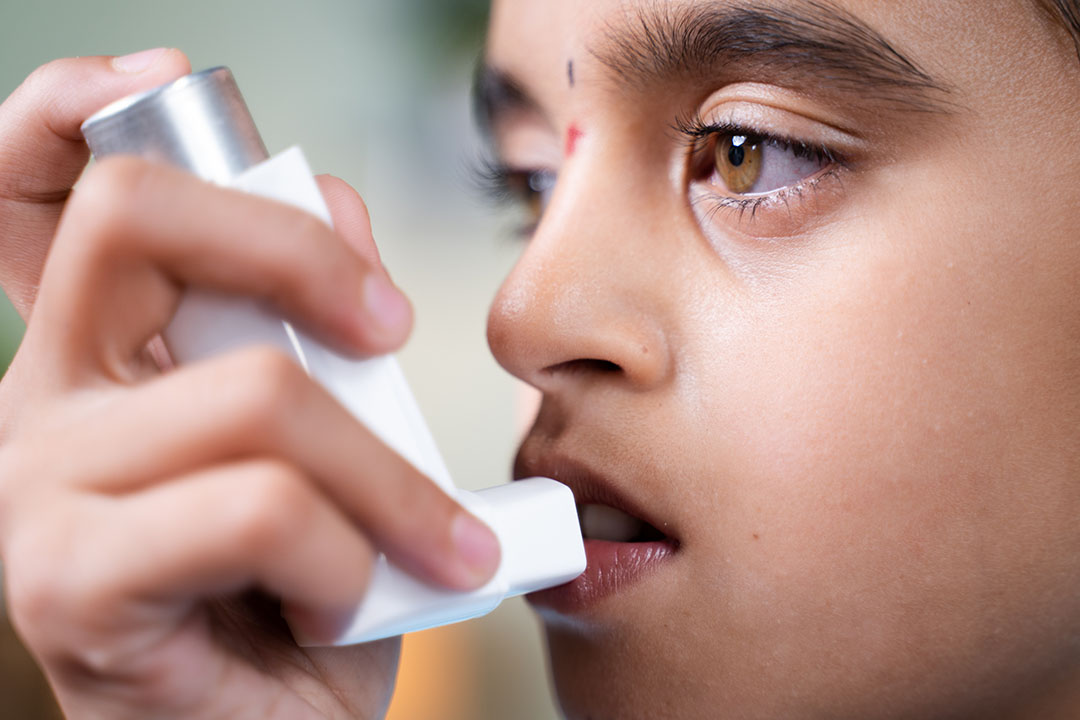If you’ve ever been to the hospital or had a doctor’s appointment and are prescribed an inhaler, you might be left wondering if you have asthma or not.
Inhalers don’t mean that you have asthma. In fact, there are many reasons why inhalers are used to treat different health issues, depending on what symptoms are being experienced.
Here are some of the most common reasons why people use inhalers and how they help alleviate various symptoms of different health conditions.
Understanding Allergies
If you have allergies, your body may create antibodies called immunoglobulin E (IgE) in response to allergens.
There are many triggers for allergies, such as certain food, dust mites, pet dander, pollen, mold spores, insect bites/stings, and latex. The most common childhood allergies seen in foods are peanuts and milk. Asthma in children may be triggered by food allergies or environmental factors like dust or pollen.
Allergies occur when these substances interact with your immune system and cause an allergic reaction.
Symptoms of allergies can be mild or severe and include sneezing, coughing, itchy eyes, runny nose, wheezing, and hives.

Medications prescribed for allergy relief come in various forms, including inhalers which help reduce inflammation in the airways by opening up the lungs’ bronchial tubes. Inhaled medications also take advantage of a person’s natural ability to heal itself.
The medication enters through the mouth into the lungs and goes directly to the airways, where it is absorbed into lung tissue, where it then becomes active. Inhalers deliver a specific amount of drug into the respiratory tract for greater control over treatment.
Understanding Asthma
Asthma is a chronic inflammatory disease of the airways characterized by variable and recurring symptoms, such as wheezing, chest tightness, shortness of breath, and coughing.
The symptoms are often brought on by exposure to an allergen or other triggers. One way in which asthma is classified is according to how quickly it responds to the bronchodilator (the medicine used for asthma) that you take when having an attack: fast-acting (relief within five minutes), slow-acting (relief within 20 minutes), or no relief.
Many people who suffer from asthma actually use a bronchodilator inhaler. It works by relaxing muscles in your airways to make breathing easier.
There are different types of medications that you can use, including short-acting, long-acting, or combination medications. Short- and long-acting medications come in two forms: tablets and capsules for oral use; and metered dose inhalers (MDIs) for inhaled use. They work by opening up the tiny passages in your lungs and allowing more air to flow through.
Doctors will do a series of respiratory and lung tests in order to see if you have asthma. They’ll also test for allergies to see if they can explain any of your symptoms. According to these results, the doctor will be able to determine whether you have asthma, what treatment is needed, and how the diagnosis was made.
Understanding COPD (Chronic Obstructive Pulmonary Disease)
COPD is a chronic lung disease that makes it hard to breathe. COPD is different from asthma because COPD is caused by long-term (chronic) exposure to things like air pollution, smoking, and dust.
These problems damage the lungs over time and cause inflammation in the bronchi, making them more sensitive to triggers like cigarette smoke.
Symptoms of COPD include difficulty breathing during exercise or sleep, cough with phlegm production, chest tightness, and wheezing or whistling sound when inhaling deeply. You may be prescribed an inhaler for COPD rather than asthma instead.
Understanding Other Conditions That Require An Inhaler
Here are some of the conditions that can require the use of an inhaler:
1) Bronchitis
2) Emphysema
3) Cystic fibrosis
4) Other respiratory diseases
5) Congestive heart failure
6)Pneumonia
7) Breathlessness after exercise

Inhalers are useful for a variety of other reasons besides asthma, and they are not necessarily related to the disease. It is important not to assume that you are going through an asthma attack if you are experiencing symptoms such as wheezing, a tight chest, etc. If you have a health condition that requires inhalers, speak to your doctor, who will prescribe the right type.
You should get your child evaluated if he or she has difficulty breathing, or gets breathless frequently, to prevent complications or serious situations. If your child’s current health condition requires a diagnosis, book an appointment with us.
To know more about the subject, read the article Childhood Asthma: Everything you Really Need to Know.
References:
https://www.webmd.com/asthma/guide/when-to-use-inhaler
https://www.news24.com/health24/medical/asthma/living-with-asthma/asthma-and-inhalers-20161118

